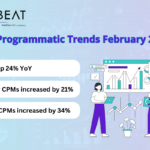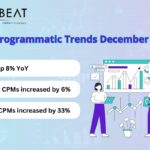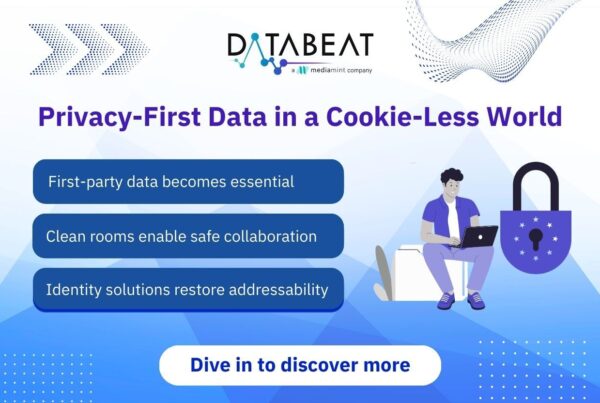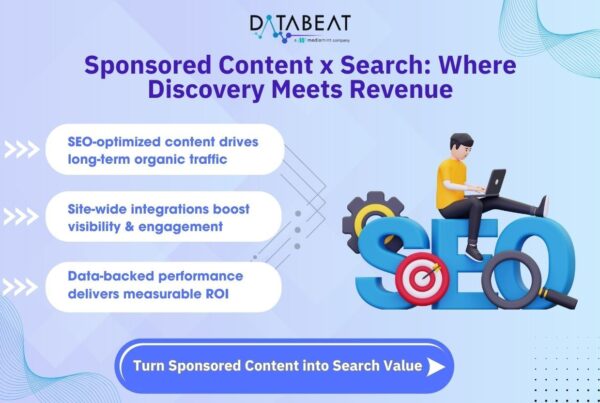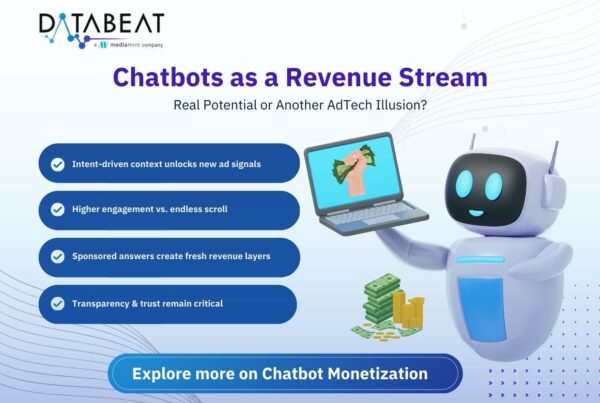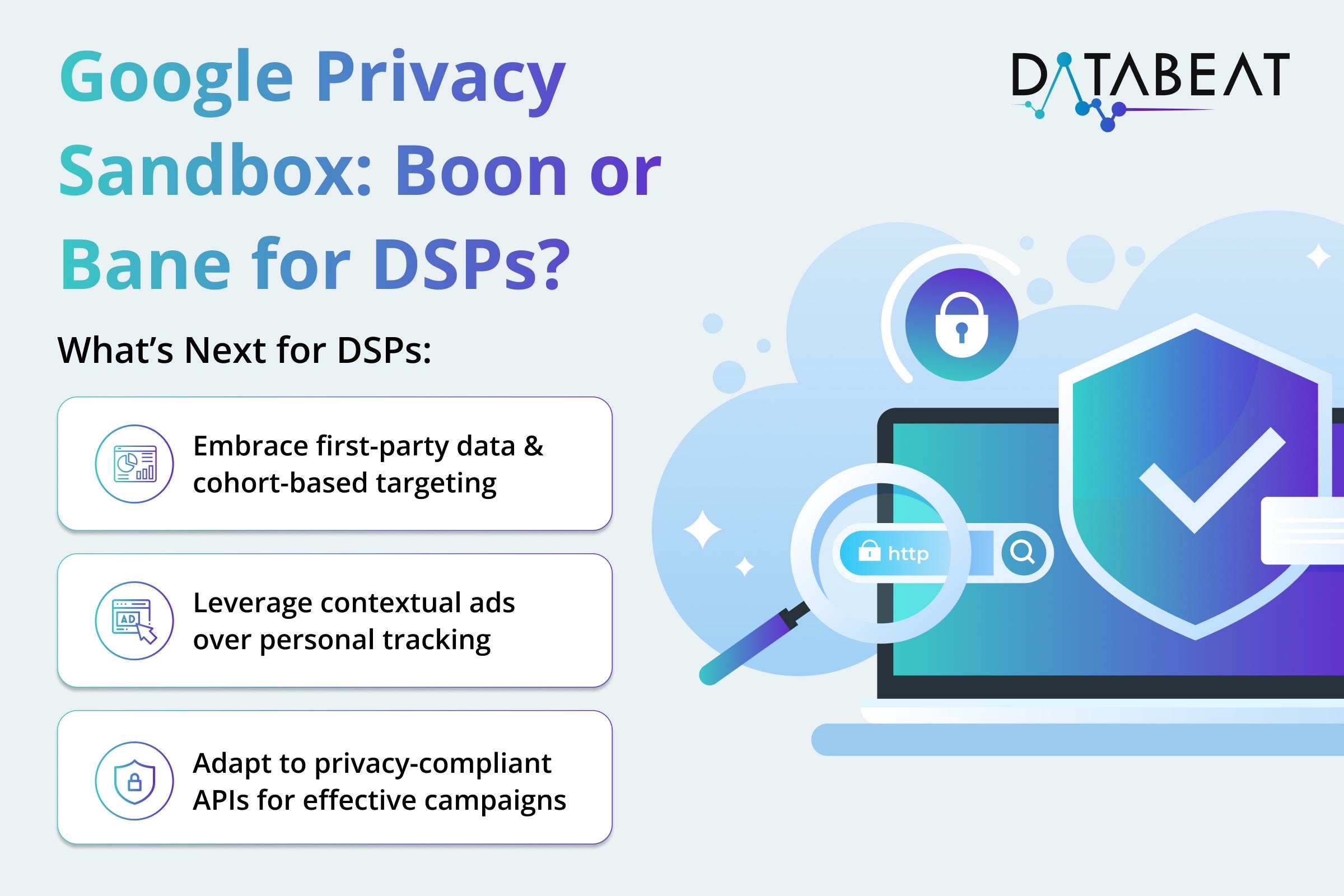
Have you ever wondered how personalized ads are served? This is made possible by the programmatic advertising that can track the third party cookies. Since the internet is a free and open source platform, these cookies accumulate, and currently a user’s information is shared while they browse.
To protect this valuable information and ensure security, Google Privacy sandbox offers a way to measure, optimize and target ad campaigns while preserving user privacy.
Google Privacy Sandbox technologies use alternative methods to deliver personalized ads while keeping personal information more private. They have been developing new APIs and capabilities for web browsers such as Topics, FLEDGE, and Attribution reporting, with the goal of creating a future that no longer relies on third party cookies.

DSPs play a crucial role in programmatic advertising, assisting advertisers in acquiring and optimizing placements. Traditionally, DSPs relied on third party cookies to track user activity and deliver personalized ads. However with evolving web environment and the phasing out of third party cookies from DSPs are required to adopt with new online privacy centric approaches
To ensure continued effectiveness while upholding user online privacy, DSPs must integrate with innovative APIs like Topics, FLEDGE. These APIs enable interest -based and cohort based advertising, allowing DSPs to focus on user interests and group behaviours rather than individual user tracking.
Google’s initial plan to deprecate third party cookies in chrome, announced in 2020 with a 2022 deadline, has undergone many shifts. The timeline was extended to 2025 to allow for further review and consideration approaches by the CMA
The ongoing uncertainty surrounding third party cookies’ future has created significant concerns within the programmatic advertising platforms
- Advertisers: Fear potential disruptions to their targeting capability, impacting campaign effectiveness and potentially increasing budgets as they seek alternative ways to reach their desired audience
- Publishers: Worry about potential revenue declines due to decreased CPMs if advertisers struggle to effectively target and measure their campaigns
Google announced that they will not be removing third party cookies, sparking curiosity across the market about how their upcoming plan might introduce new uncertainties to the adtech ecosystem.
According to recent updates, Google intends to implement a consent platform that allows users to choose whether to accept or decline cookies
While the Google Privacy Sandbox promises enhanced online privacy and a more secure ad ecosystem, it also has draw backs
- Uncertainty in Ad targeting – Because of reduced granularity in targeting, cross site tracking, making it harder to serve the personalized ads
- Implementation and Adoption challenges – Advertisers, Publishers, Ad tech companies need to integrate with new technologies. Transitioning to a cookie-less environment requires significant technical changes. Especially small ad tech companies and publishers may struggle. Heavy reliance on cookies for revenue makes adaption harder
- Long term impact from Google privacy sandbox is unclear. This might be huge drawback for ad tech industries for their ROI (return on investment)
To succeed in the post-cookie world, DSPs need to adjust their strategies for the new online privacy focused framework. Key strategies need to include:
- Embrace aggregated targeting tools like Topics API, FLEDGE, targeting interest groups instead of individuals.
- Prioritize ad placement based on content rather than user history as user data becomes less accessible
- Leverage or invest in first part data ad third [arty becomes less accessible
- Use aggregate performance reports and online privacy preserving metrics for effective campaign optimization
- Adapt to emerging online privacy standards, adjusting privacy budgets and targeting methods as they evolve
The Google privacy sandbox presents both challenges and opportunities for DSPs. While the phase out of third party cookies passes significant hurdles in terms of ad targeting precision, it also paves the way for more ethical and online privacy respecting advertising practices. DSPs that embrace privacy-preserving technologies and adapt their strategies accordingly will continue to thrive in this new, cookie-less future. For those who thrive it will be a great boon. However, if DSPs struggle to adapt they must shift towards cohort based targeting, contextual ads, and rely on more first party data to sustain their success in the new landscape.

